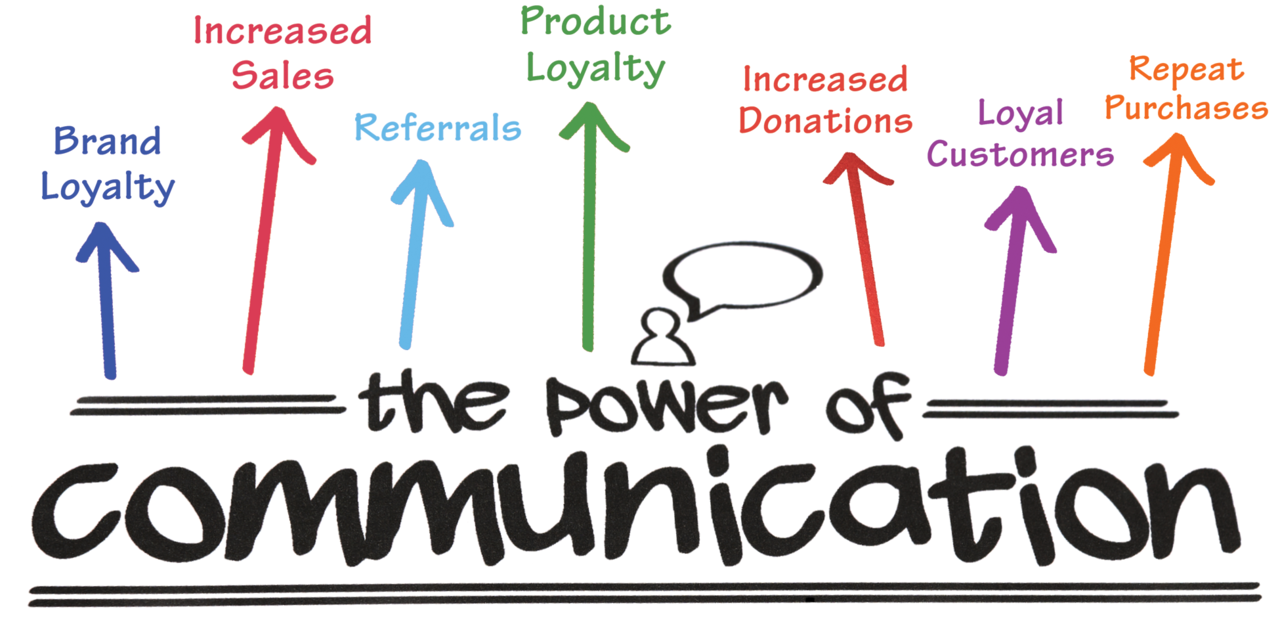Harnessing the Magic of Words
In the world of global marketing, words hold a special kind of power. They have the ability to captivate audiences, evoke emotions, and drive action. From catchy slogans to persuasive ad copy, the language used in marketing campaigns can make all the difference in grabbing consumers’ attention and influencing their purchasing decisions.
One of the key ways in which words are harnessed in global marketing is through storytelling. By crafting narratives that resonate with audiences on a personal level, brands can create a strong emotional connection with consumers. This connection goes beyond mere product features and benefits, tapping into universal themes and values that transcend cultural boundaries.
Take, for example, Coca-Cola’s iconic Share a Coke campaign. By personalizing their bottles with common names and encouraging consumers to share a Coke with friends and loved ones, the brand tapped into the universal desire for connection and belonging. The simple act of sharing a drink became a powerful symbol of friendship and community, resonating with people around the world.
In addition to storytelling, the language used in global marketing also plays a crucial role in shaping brand identity and perception. A brand’s tone of voice, choice of words, and overall messaging all contribute to how it is perceived by consumers. For example, a brand that uses playful and informal language may be seen as approachable and friendly, while a brand that uses formal and technical language may be perceived as authoritative and trustworthy.

Image Source: licdn.com
The power of words in global marketing can also be seen in the realm of search engine optimization (SEO). By using strategic keywords and phrases in website content, brands can improve their visibility and reach a larger audience online. The language used in meta tags, headings, and body copy all play a role in determining a brand’s search engine ranking, making it essential for marketers to carefully consider their word choice.
When it comes to global marketing, language is not just about communication – it is also about cultural sensitivity and understanding. Different words and phrases can have vastly different meanings and connotations in different cultures, making it crucial for marketers to tailor their messaging to specific markets. A word that may be innocuous in one language could be offensive or inappropriate in another, highlighting the importance of linguistic and cultural nuance in global marketing campaigns.
In conclusion, the power of words in global marketing cannot be underestimated. From storytelling to brand identity to SEO, language plays a central role in shaping how brands connect with consumers around the world. By harnessing the magic of words and using them strategically, marketers can create compelling campaigns that resonate with audiences on a global scale.
How Language Shapes Global Marketing
Language plays a crucial role in shaping global marketing strategies. The way words are used can have a significant impact on how a product or service is perceived by consumers around the world. In the realm of global marketing, language is not just a tool for communication, but a powerful force that can influence consumer behavior and drive sales.
One of the key ways in which language shapes global marketing is through translation. When companies expand into new markets, they often need to translate their marketing materials, product packaging, and website content into the local language. However, translation is not simply about converting words from one language to another; it is about ensuring that the message and tone of the original content are accurately conveyed in the target language.
A poor translation can lead to misunderstandings or even offense, which can have a negative impact on a company’s reputation and sales. On the other hand, a well-executed translation can help a company connect with consumers in new markets and build trust and loyalty. This is why it is important for companies to work with professional translators who understand the nuances of both languages and cultures.
In addition to translation, language also plays a role in shaping the overall branding and messaging of a company. The words used in marketing campaigns, slogans, and product names can evoke specific emotions and associations in consumers’ minds. For example, a company that uses words like innovative and cutting-edge in its marketing materials conveys a message of modernity and progressiveness, while a company that uses words like traditional and timeless conveys a message of heritage and reliability.
Language can also influence consumer behavior in more subtle ways. Research has shown that the language used in advertising can influence how consumers perceive the value and quality of a product. For example, a study published in the Journal of Consumer Research found that using foreign language words in product names can make consumers perceive the products as more luxurious and exclusive.
Furthermore, language can also play a role in shaping cultural perceptions and stereotypes. The way a product or service is marketed in different countries can reflect and reinforce cultural norms and values. For example, a company that markets its products with images of family and community may appeal to consumers in collectivist cultures, while a company that emphasizes individualism and personal achievement may appeal to consumers in individualist cultures.
In today’s global marketplace, companies need to be mindful of the power of language in shaping consumer perceptions and behavior. By understanding the nuances of different languages and cultures, companies can create marketing campaigns that resonate with consumers around the world. Language is not just a means of communication; it is a powerful tool that can help companies connect with consumers, build brand loyalty, and drive sales.
The Importance of Language and Communication in Global Marketing